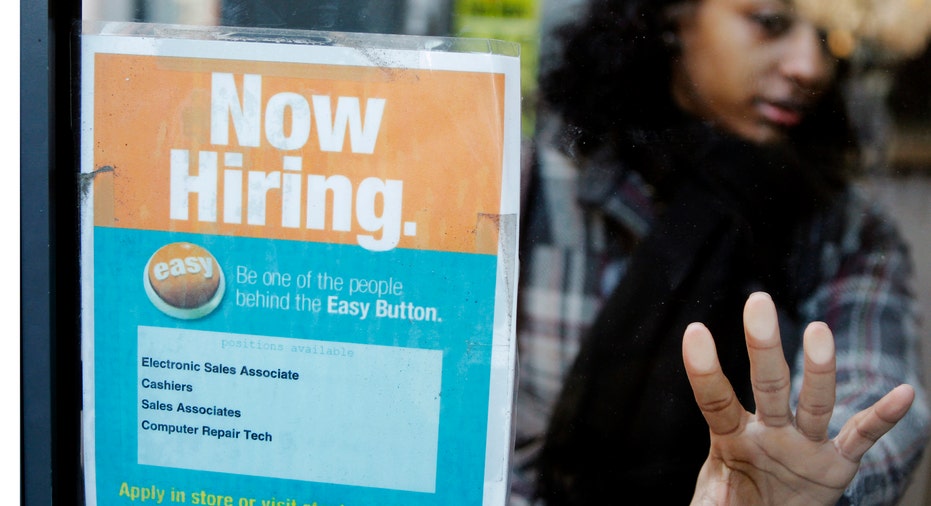Bosses Look For Friends When Hiring

Interviewing for a new job? You might want to be extra friendly. New research finds that it's not the best worker employers want to hire, but a friend to hang out with.
As a result of this approach, employers don’t necessarily hire the most skilled candidates, said Lauren Rivera, the study's author and an assistant professor of management and organizations and sociology at Northwestern University.
"Of course, employers are looking for people who have the baseline skills to effectively do the job," Rivera said. "But, beyond that, employers really want people who they will bond with, who they will feel good around, who will be their friend and maybe even their romantic partner."
The study is based on 120 interviews with professionals involved in undergraduate and graduate hiring at elite U.S. investment banks, law firms and management consulting firms. Rivera found that evaluators often valued their personal feelings of comfort, validation and excitement over identifying job candidates with superior cognitive or technical skills.
More than half of the evaluators in the study ranked cultural fit — the perceived similarity to a firm's existing employee base in leisure pursuits, background and self-presentation — as the most important part of the job interview process.
Rivera did caution, however, that the results don't mean employers are hiring unqualified people.
"My findings demonstrate that — in many respects — employers hire in a manner more closely resembling the choice of friends or romantic partners than how one might expect employers to select new workers," she said.
The study also found that the cultural similarities valued at elite professional service firms have critical socioeconomic dimensions.
"Evaluators are predominately white, Ivy League-educated, upper-middle or upper-class men and women who tend to have more stereotypically masculine leisure pursuits and favor extracurricular activities associated with people of their background," Rivera said. "The types of cultural similarities valued in elite firms' hiring processes have the potential to create inequalities in access to elite jobs based on parental socioeconomic status."
Rivera believes that while the research only examined elite professional service firms, the results do have implications for occupations across all industries.
"I think that the process is generalizable, but I think the degree to which cultural similarity matters in the decision to hire varies across occupations depending on their technical demands, their degree of social demands, and how structured interviews are," Rivera said. "So, for example, if you were hiring a neurosurgeon, I think there would be more of an emphasis on performance than cultural fit."
In addition, the types of cultural similarities employers value may not be the same for all occupations.
"Cultivating leisure time is a hallmark of the upper middle and upper classes, and it's really important as a class marker and as a source of identity," Rivera said. "You may see different types of cultural similarities that matter in occupations that are less elite."
The study, "Hiring as Cultural Matching: The Case of Elite Professional Service Firms," appears in the December issue of the American Sociological Review.
Follow Chad Brooks on Twitter @cbrooks76 or BusinessNewsDaily @BNDarticles. We're also on Facebook & Google+.



















